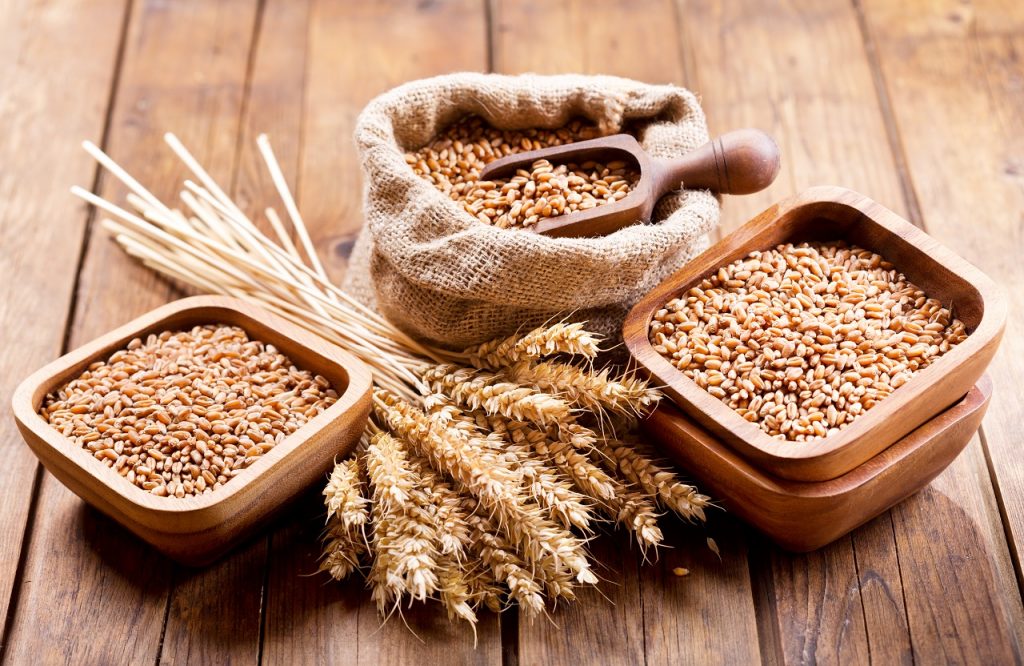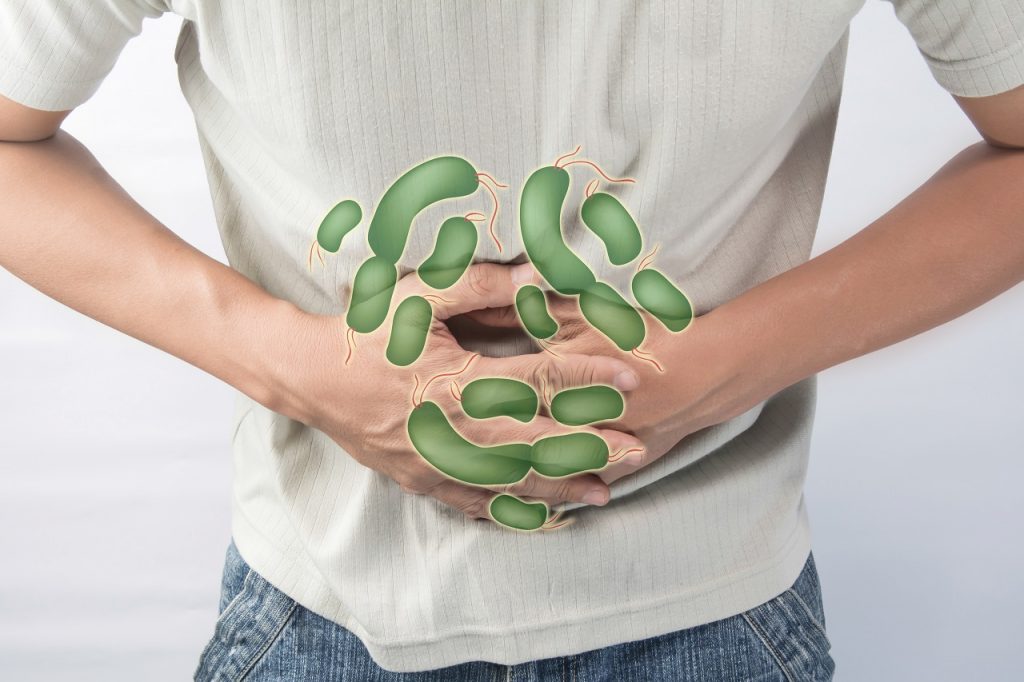
If you’re suffering from chronic diarrhea, constipation, gas or bloating coupled with a poor immune system, your issue might be more than something to do with ‘what you ate last night’. There’s a fair chance that you might be suffering from a leaky gut.
What is a Leaky Gut?
A Leaky Gut, as the word suggests, literally means that the gut/intestine is leaking. Technically, the permeability of intestinal mucosa increases and as a result, a protein called Zonulin and consequently bacteria, toxins, digestive metabolites, and bacterial toxins leak into the bloodstream.
This increases the toxic build-up in the body which manifests itself on the skin, colon, hormones, lungs, liver, lymph and kidneys in the form of bloating, diarrhea and constipation. Autoimmune response could include rheumatoid arthritis, lupus, Celiac disease, migraines, a weak immune system and hormonal imbalances, etc.
The exact cause of a Leaky Gut is not known, but potential causes include a poor diet, chronic stress, toxin overload and imbalances in the gut microbiome or dysbiosis.
The Role of Grains in Increasing Gut Permeability
Dietary guidelines advise one to eat adequate amounts of (whole) grain products per day and are promoted as the fiber-rich foundation of a healthy diet. The question is, are grains really necessary as a part of our diet or can they be harmful?
Yes, grains are the main source of our energy for daily activities, brain function and even supply us with Vitamins B Complex and minerals like Zinc, Chromium, Iron, Calcium, Magnesium and Manganese, etc. that boost numerous biochemical reactions taking place in our body every moment. Having said that, grains & legumes also contain certain anti-nutritional compound/chemicals which can make them inflammatory and can affect some people.
What are the Anti-Nutritional Compounds in Grains?
1. Gluten
Gluten is the main structural protein complex of grains like Wheat, Rye and Barley. They are incredibly widespread in modern diets due to the increased intake of processed/refined flour food products such as bread, cakes, pastries, sauces, ready meals and breakfast cereals.
Research has shown that a person with gluten sensitivity, ingesting gluten significantly increases intestinal permeability immediately after the consumption. Studies have shown that the daily consumption of wheat products and other related cereal grains could contribute to the manifestation of chronic inflammation and autoimmune diseases.
Both in vitro and in vivo studies demonstrate that gliadin, by releasing Zonulin and wheat germ agglutinin can both increase intestinal permeability and activate the immune system and have also been confirmed in human studies.
2. Lectins
Grains have different types of lectins but all are not harmful. The harmful ones are Agglutinins and Prolamins. Agglutinins are a natural insecticide to protect crops from insects. But to get a higher yield of crop, grains are genetically modified (GM) to produce more of their natural insecticides which in turn make the grain inflammatory.
Prolamins are also not easily digested and most grains contain a Prolamin similar in structure to gluten. For example, Orzenin in rice or Avenin in oats or Gliadins in wheat.
3. Phytates and Phytic Acid
Phytates and Phytic Acid in the seeds of grains inhibits digestion and absorption of certain minerals (specifically zinc, iron, and calcium) by binding with them in the gut. These are vital for our immune system to function properly. Usually, a small amount of Phytates in diet does not cause a problem, as long as you’re getting adequate nutrients from the rest of your food. But mineral deficiencies may result when grains form the staple diet.
How Can You Manage a Leaky Gut?
- Go for gluten-free grains like bajra, rice, maize, and gluten-free oats. Even ‘gluten-free food products available in the market contain some food additives, food preservatives, some amount of fibre and added sugar which can further damage the gut lining. So, beware and read the nutritional label!
- Go for non-GMO and heirloom varieties of seeds that are passed down from generation to generation. Make sure to soak grains overnight in water mixed with a little bit of lemon juice or apple cider vinegar, sprout and slow cook them. These methods also activate Phytase, an enzyme present in the plant that breaks down Phytates.
- Don’t rush through your food, chew it slowly and thoroughly so that small particles of food can be well digested and absorbed in the intestine.
- Adopt an anti-inflammatory eating plan. Include plenty of colourful, fresh fruit and vegetables, seeds, soaked nuts, plant protein such as beans and lentils and oily fish. At the same time, exclude sugar, processed foods, red meat and alcohol. Fermented foods can replenish natural gut bacteria. Try curd, fermented pickle, sauerkraut, kefir or kombucha.
- Vegetables from the nightshade family (Solanaceae) like tomatoes, peppers, eggplant (brinjal) and potatoes, are high in lectins that can damage the gut lining. They don’t even breakdown while cooking. So those with autoimmune diseases should avoid these vegetables as well.
If grains are the staple food, they may obstruct digestion and contribute to a leaky gut. For those with autoimmune diseases or gluten sensitivity, it would be wise to completely exclude grains, pseudo-grains, legumes and nightshades. Also avoid nuts and seeds if they cause any inflammation. Once the intestinal gaps heals, medicines are reduced or stopped and there are no symptom, you may have these foods once in a while.
Medically, Leaky Gut Syndrome is a hypothetical, unrecognized condition.
We hope this article helps you! Do leave your thoughts and questions in the comments below! For further guidance speak to a certified expert by subscribing to GOQii’s Personalised Health Coaching here.
#BeTheForce




